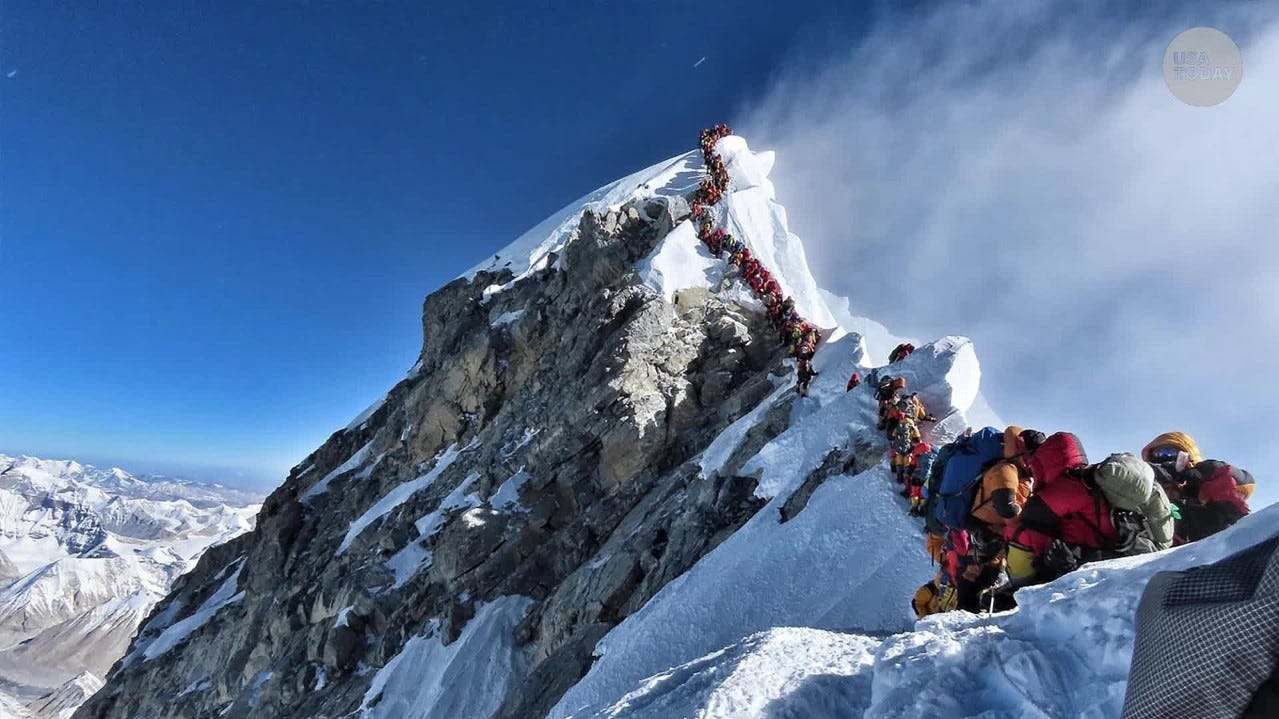Sustainable Mountain Development Summit
The ninth edition of the Sustainable Mountain Development Summit (SMDS) commenced on December 12 in Dehradun. This year, the summit was held under the following theme
Theme: Emerging Pathways for Building Resilient Post COVID-19 Mountain Economy, Adoption, Innovation and Acceleration.
The focus will be on the overall objective of taking measures to ensure robust and sustainable mountain economy for the post COVID-19 world and to combat climate change. The event was attended by Uttarakhand Chief Minister Trivendra Singh Rawat and Meghalaya Chief Minister Conard K Sangma.
About the Summit
The summit was organised by Indian Mountain Initiative. The summit aimed to deliberate on issues such as water security, migration, climate resilience and innovative solutions for disaster risk reduction and farm sector in the Indian Himalayas. The first edition of the summit was launched in 2011 in Nainital.
Mountain Ecosystems in India and their significance
Himalayas are the major mountain ecosystem in India. Himalayas is one of the thirty-six world biodiversity hotspots. The report International Centre for Integrated Mountain Development says that the region encompassing Hindu Kush Himalayas holds more than 240 million people. It also says that more than 1.9 billion people depend on the Hindukush Himalayan region for food, water and energy. The region is also called “The Third Pole” as it stores more snow and ice as compared to any other region in the world. Above all, more than 25% of world population are directly or indirectly dependent on Hindukush Himalayan region. Therefore, it is essential to conserve these mountains.
Third pole and climate change
Climate Change has become the major concern to the third pole. The climate change has directly impacted the river systems and their basins. This has in turn impacted the wellbeing of millions of people. The rate of warming in the third pole region is higher than the global average.
Month: Current Affairs - December, 2020


